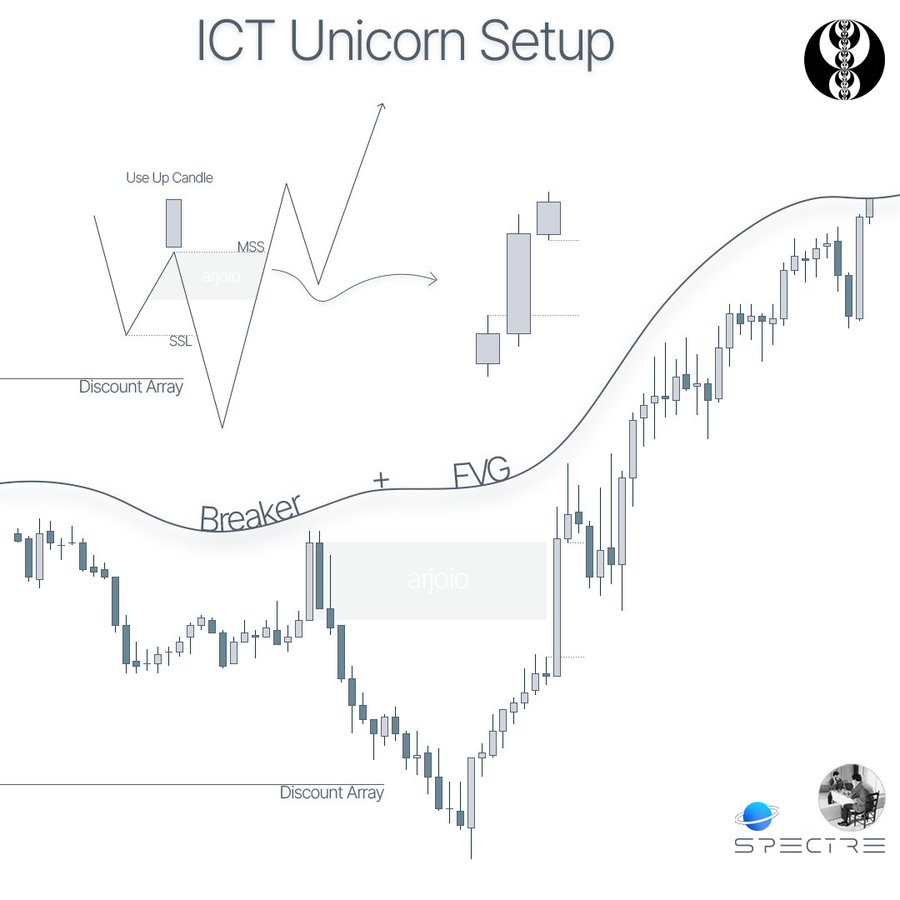Unicorn
What is a Unicorn?
Definition:
In the realm of technology, a “Unicorn” refers to a privately held startup company valued at over $1 billion. Coined in 2013 by venture capitalist Aileen Lee, the term emphasizes the rarity and exceptional success of such companies in achieving rapid growth and substantial market valuation. Unicorns often disrupt industries through innovative technology solutions and business models, capturing significant investor attention and reshaping the technological landscape.
Analogy:
Picture a Unicorn in the technology sector as a mythical creature with the power to revolutionize industries. Much like the rarity and uniqueness associated with unicorns, these tech startups possess the capability to introduce groundbreaking ideas, disrupt traditional markets, and achieve unprecedented levels of success.
Further Description:
The characteristics that define a technology Unicorn include:
Valuation: A valuation exceeding $1 billion, indicating substantial investor confidence in the company’s potential and market position.
Rapid Growth: Unicorns experience explosive growth in terms of user base, revenue, and market share within a relatively short period.
Innovation: These companies are often pioneers in leveraging cutting-edge technologies, introducing novel solutions, and challenging conventional business practices.
Market Disruption: Unicorns redefine industries by introducing disruptive technologies or business models that fundamentally change the competitive landscape.
Global Impact: Successful Unicorns often expand internationally, exerting influence and establishing a global footprint in their respective markets.
Why are Unicorns Important?
Innovation Catalyst: Unicorns serve as catalysts for technological innovation, pushing boundaries and inspiring the broader industry to evolve.
Economic Growth: The success of Unicorns contributes significantly to economic growth, creating jobs, fostering entrepreneurship, and attracting investment.
Market Competitiveness: Unicorns drive competition by challenging established players, encouraging continuous improvement and adaptability within industries.
Investor Magnet: The allure of significant returns attracts investors to Unicorns, fostering a dynamic investment landscape and promoting venture capital activity.
Examples and Usage:
Tesla: A pioneer in electric vehicles and renewable energy, Tesla achieved Unicorn status by disrupting the automotive industry and setting new standards for sustainable transportation.
Airbnb: Revolutionizing the hospitality industry, Airbnb’s innovative platform transformed the way people find accommodations, reaching Unicorn status with its unique business model.
SpaceX: Led by Elon Musk, SpaceX disrupted the aerospace industry by introducing reusable rocket technology, achieving Unicorn status through its advancements in space exploration.
Key Takeaways:
- A Unicorn in the technology sector refers to a privately held startup valued at over $1 billion, symbolizing rarity and exceptional success.
- Characteristics include high valuation, rapid growth, innovation, market disruption, and global impact.
- Unicorns play a crucial role as innovation catalysts, drivers of economic growth, and forces shaping market competitiveness.
- Examples of technology Unicorns include Tesla, Airbnb, and SpaceX, each having reshaped their respective industries through groundbreaking advancements.
Table of Contents





